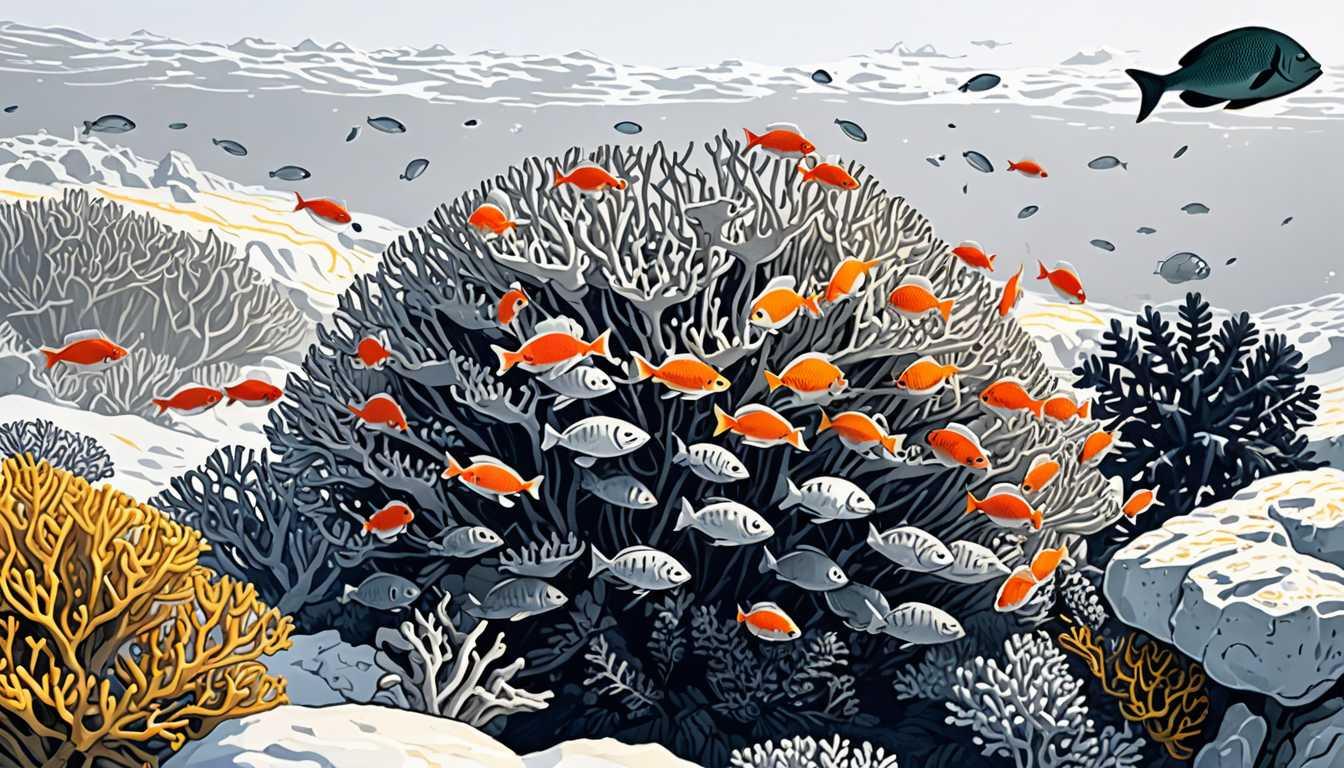Stirring Up Evolution: Sea Creatures’ Impact
May 2024
University of Cambridge
Introduction
Did you know that Earth's first sea creatures were like the ultimate stirrers of evolution? They didn’t just swim around, they were busy mixing things up in the ocean, leading to a wave of new life forms! Dive into the fascinating article from CellImage to discover how these tiny titans transformed our planet and its inhabitants. Trust us, it’s more exciting than it sounds—get ready to make some waves in your knowledge!
READ FULL ARTICLEWhy It Matters
Discover how this topic shapes your world and future
Diving into the Depths of Evolutionary Impact
Understanding the role that early marine ecosystems played in shaping life on Earth is not just about exploring ancient fossils, it’s about recognizing the interconnectedness of all life forms and their environments. The study of marine animal forests from the Ediacaran period reveals how these seemingly simple organisms influenced water flow and nutrient distribution, which in turn fostered the development of more complex life. This research opens up fascinating discussions about evolution, ecology, and the very foundation of life as we know it. By delving into this topic, you can learn how past events have shaped our present and future as well as see the significance of even the smallest creatures in the grand tapestry of life on Earth. It’s a reminder that every organism, no matter how simple, can make a big difference!
Speak like a Scholar
Ediacaran
A geological period approximately 635 to 541 million years ago, known for the emergence of early multicellular life forms.
Ecosystem
A community of living organisms interacting with each other and their physical environment.
Ecological Modeling
A method used by scientists to create representations of ecosystems to analyze interactions within them.
Nutrient Distribution
The way essential resources, like food and oxygen, are spread throughout an environment, influencing the health of ecosystems.
Paleontology
The scientific study of the history of life on Earth through the examination of plant and animal fossils.
Evolutionary Radiation
A process where organisms diversify rapidly into a wide variety of forms, often following the emergence of new environments or ecological opportunities.
Independent Research Ideas
The Role of Simple Organisms in Ecosystem Development
Investigate how early life forms influenced modern ecosystems, focusing on specific examples of contemporary marine species that play similar roles.
Comparative Analysis of Ediacaran and Cambrian Life Forms
Explore the differences and similarities between organisms from these two periods, analyzing how environmental changes might have driven evolutionary shifts.
Marine Animal Forests and Carbon Cycling
Study the impact of ancient marine ecosystems on carbon cycling and climate regulation, examining how these processes might relate to current environmental challenges.
Digital Reconstruction Techniques in Paleontology
Delve into the technology behind 3D reconstructions of fossils, evaluating how these tools are revolutionizing our understanding of ancient life and its interactions with environments.
The Influence of Volcanic Activity on Fossil Preservation
Examine how volcanic events, like those at Mistaken Point, have shaped our understanding of early life forms, and explore the implications for studying ancient ecosystems in other regions.
Related Articles

The Fiery Origins of the Welsh Dragon
May 2024
University of Bristol

Leafy Legacies: Unveiling Plant Evolution
September 2023
University of Bristol

Ocean's Hidden Pollinators Unveiled
August 2022
National Geographic

Coral Highways: Ocean's Genetic Bridges
March 2024
University of Oxford

DNA Detectives: Unveiling Hidden Life
February 2024
MIT Technology Review